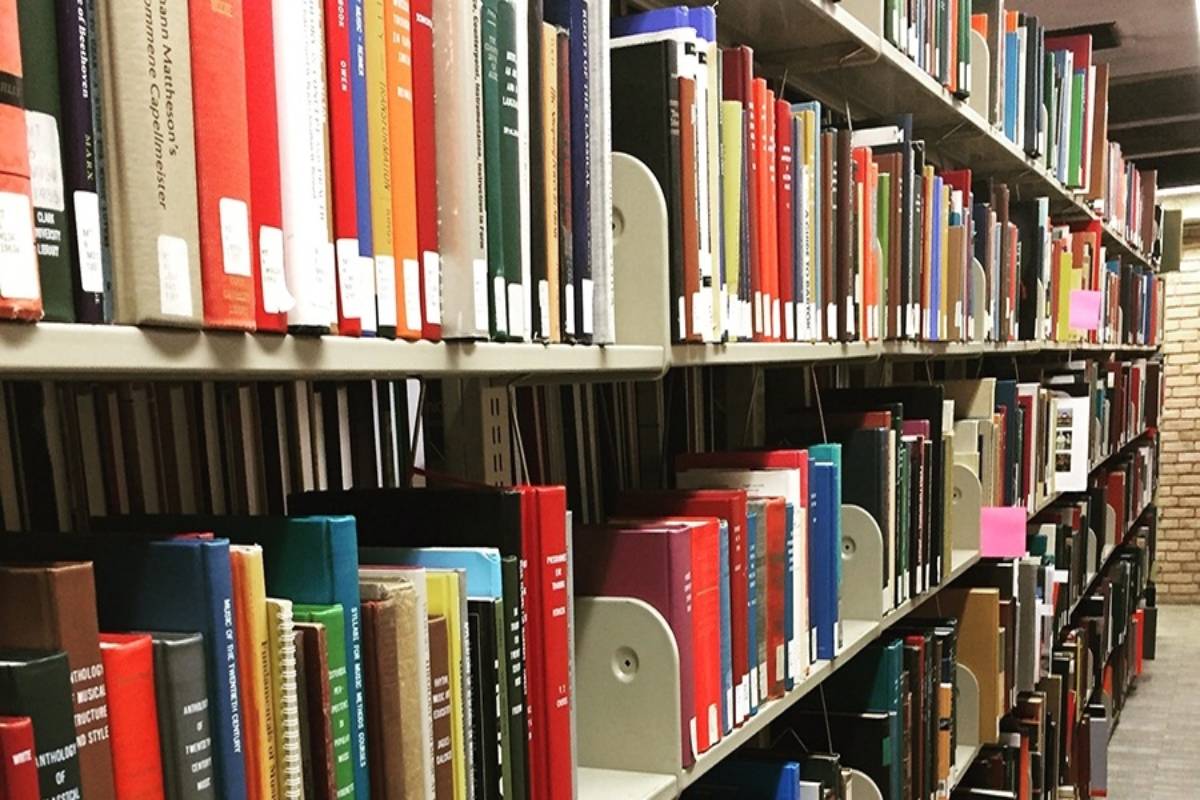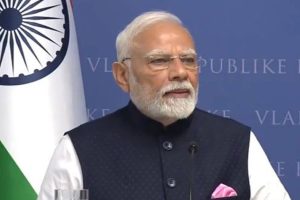The number of Indian students pursuing higher education has increased by nine million reaching a total enrollment of 4.32 crore with a significant increase in the enrollment of female students.
The Union Education Minister Dharmendra Pradhan said that approximately two crore female students are part of this total enrollment in higher educational institutions.
He said that compared to 2014, there is a 31.6 per cent increase in the number of female students studying presently.
Pradhan said that, in 2014, the total enrollment of students in higher education was 3.42 crore, representing 23 per cent. However, as per the survey for 2021-22, the enrollment has increased to 4.32 crore, constituting 28 per cent.
As per a report of Education Ministry, there is a substantial growth in the resources of higher education institutions compared to previous years. The number of colleges and universities is continuously increasing, according to the Ministry. As of now, there are 1,113 universities and 43,796 colleges in the country.
The ministry report also provides insights into the trend of students pursuing higher education, indicating a record-breaking number of 12.3 lakh candidates applying for the Joint Entrance Examination (JEE) this year.
This marks a significant increase compared to the previous year, with 3.7 lakh more candidates applying for JEE Mains.
The report further reveals a considerable rise in the number of female applicants.
The highest enrollment in higher education is reported in states like Uttar Pradesh, Maharashtra, Tamil Nadu, Madhya Pradesh, Karnataka, and Rajasthan, which have excelled in the education sector, making them part of the top six states.
About 79 per cent students pursuing higher education, including colleges, technical colleges, B.Tech, and MBBS are at the undergraduate level. Additionally, approximately 12 per cent are at the postgraduate level.
Among those enrolled at the graduate level, the majority are in the arts stream.
Students studying science constitute 15.5 per cent, commerce students make up 13.9 per cent, and those studying engineering and technology account for 11.9 percent.
The report also highlights the global presence of engineering institutions such as IITs, NITs, and AICTE, which conduct the JEE examinations. These exams are not only held in India but also in cities abroad, including Doha, Dubai, Kathmandu, Muscat, Riyadh, Sharjah, Singapore, Kuwait, Lagos, Colombo, Jakarta, Vienna, Moscow, and Bangkok.
Additionally, IITs may open global campuses in England, Egypt, Saudi Arabia, UAE, Qatar, Malaysia, and Thailand. IIT Delhi has already made preparations for its Abu Dhabi campus, scheduled to commence operations in January 2024, offering programs in energy transition and stability.





